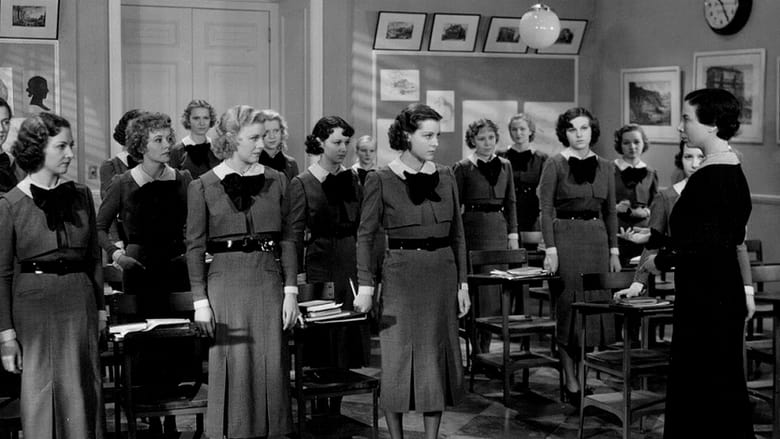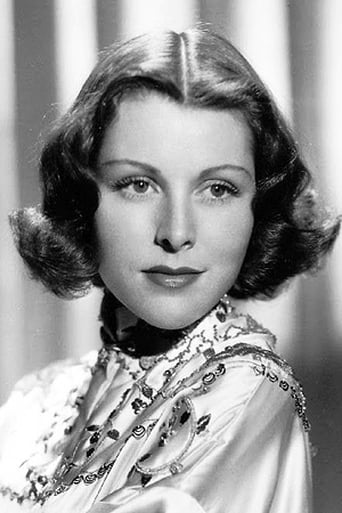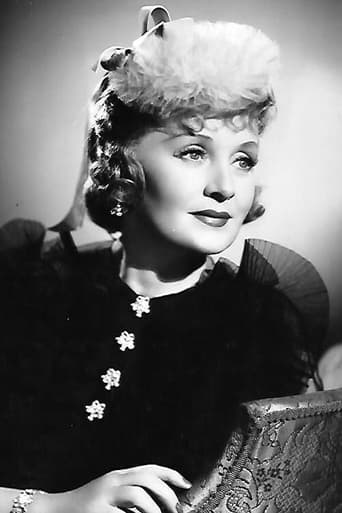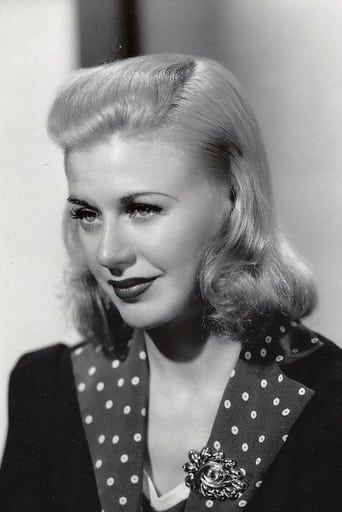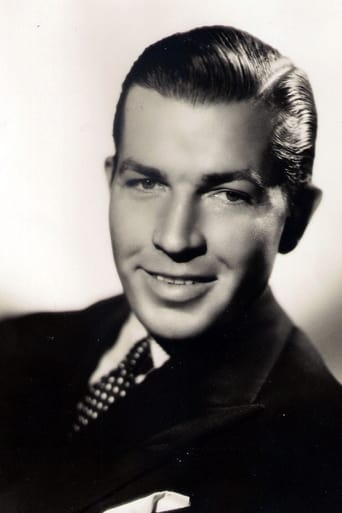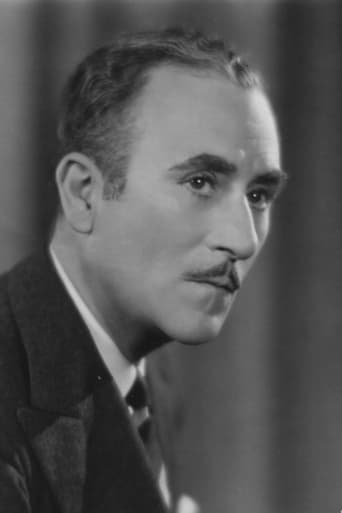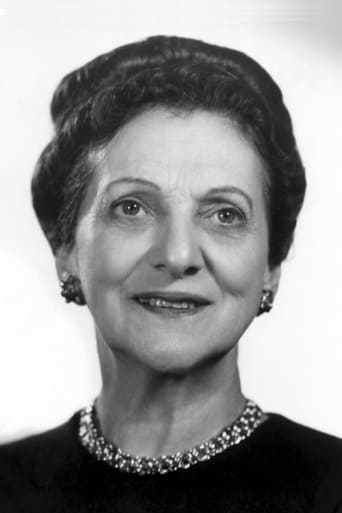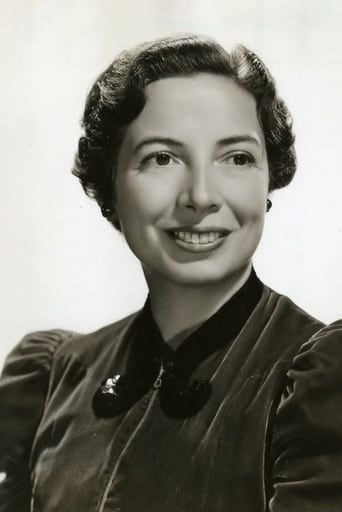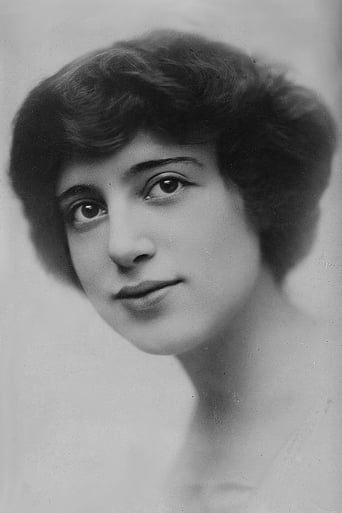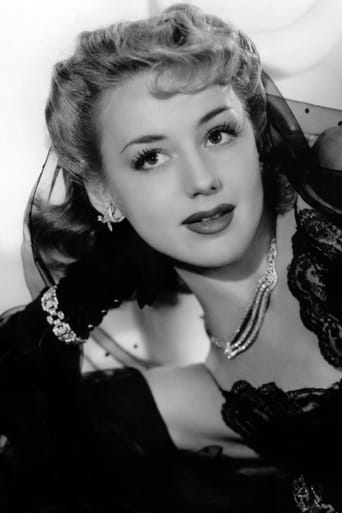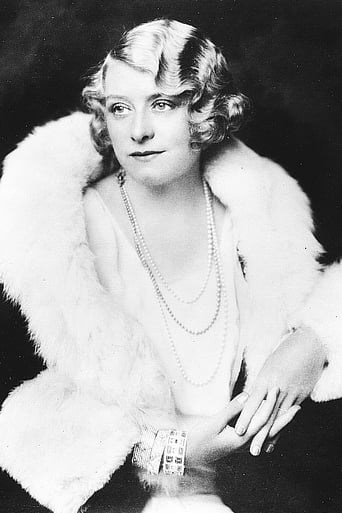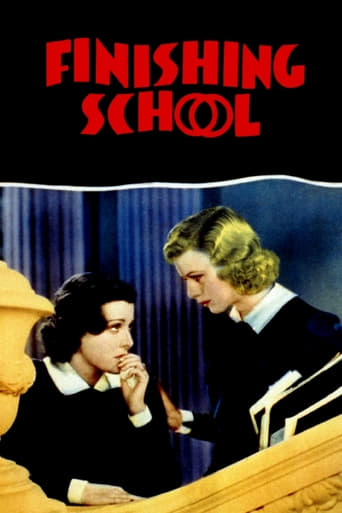
Virginia, who studies at a boarding school for upper-class girls, falls in love with a medical intern who works as a waiter for a living. Both the director of the school and her mother oppose such a relationship.
Similar titles
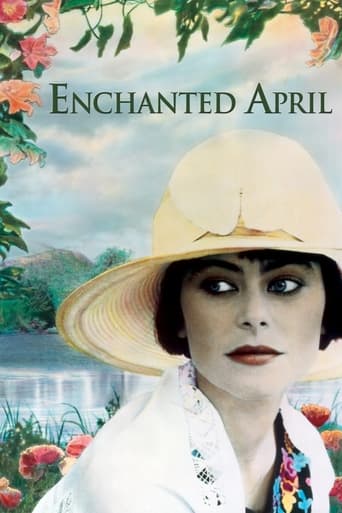
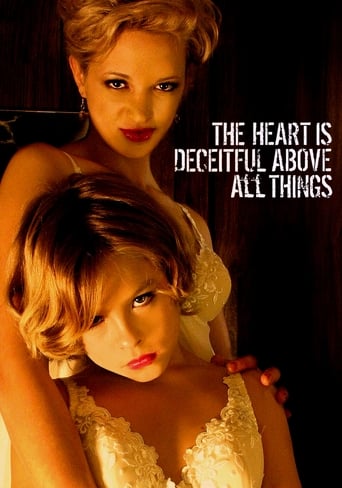
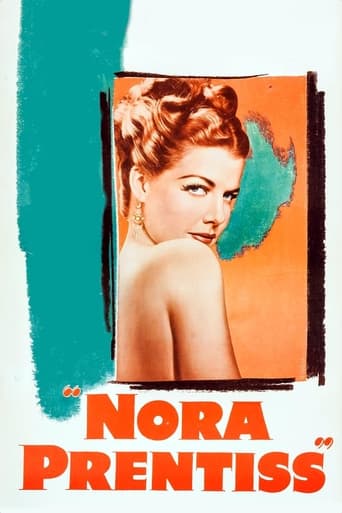
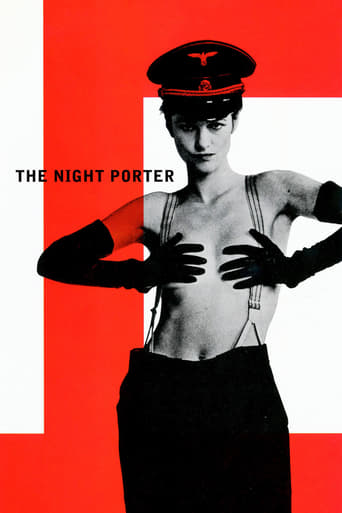
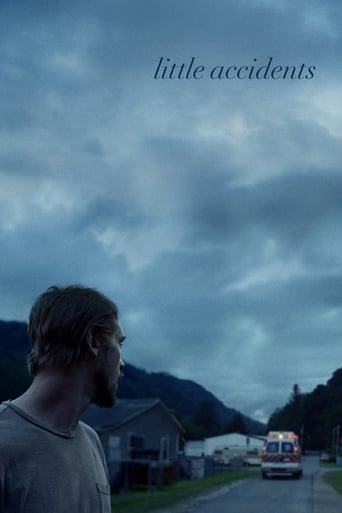
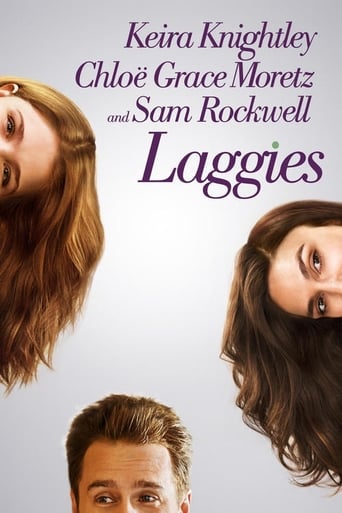
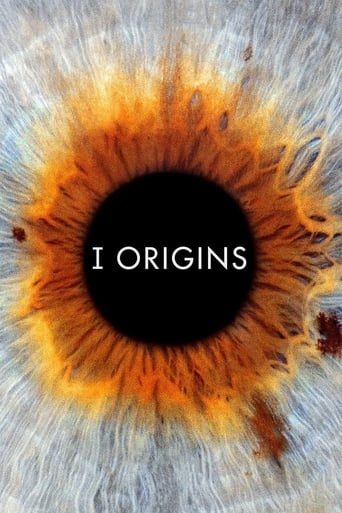
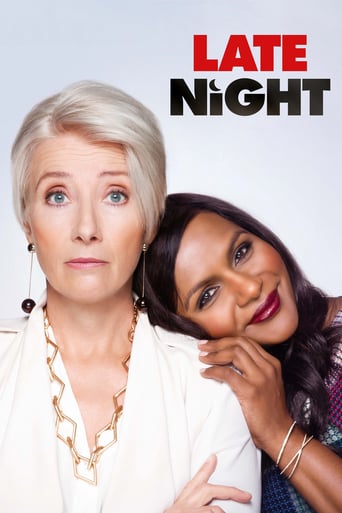
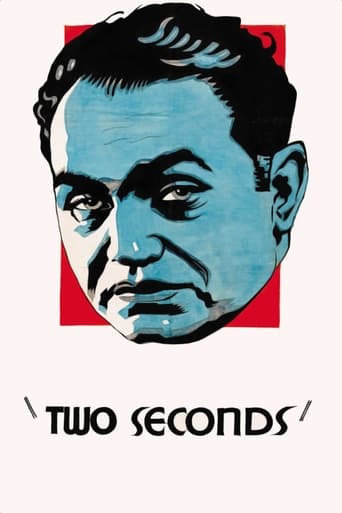
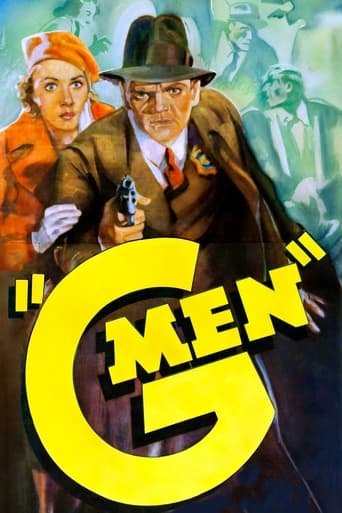
Reviews
Terrible acting, screenplay and direction.
Good story, Not enough for a whole film
Bad Acting and worse Bad Screenplay
It's the kind of movie you'll want to see a second time with someone who hasn't seen it yet, to remember what it was like to watch it for the first time.
The first indication that "Finishing School" is worth watching is that the Catholic church placed the film on its condemned list for 1934. But it has so much more than that to recommend it.The star of the film is Francis Dee, who plays Virginia Radcliff, the teenage daughter of rich parents who send her off to get educated in the finer aspects of life. The mother--played by Billie Burke--seems to have little use for the daughter and is quite happy to "drop her on the doorstep" and retire to her social agenda. Crockett Hall is an exclusive girls school where exclusivity implies a lack of racial diversity and an emphasis on blueblood backgrounds. At first the school seems like a backdrop for a film comedy about coming of age and the harmless hijinks of young women. But Virginia soon learns that Crockett is little more than a prison where the ridiculous rules of etiquette are but a small part of the personality engineering to which the girls are subjected.Virginia forges quality relationships with a small clique, including "Pony" Ferris, played by Ginger Rogers. Being a fan of Ms. Rogers, I was pleased to find that by this time in her career she is a fully-formed, competent actress. As the harsh headmistress, Miss Van Alstyne (played by Beulah Bondi), cracks down on the indiscretions of Virginia--especially the indiscretion of being "too different"--and we find that this teen comedy has morphed into a significant drama. Francis Dee is more than up to the challenge with her convincing portrayal of a woman who is fighting for her sanity and her life. Indeed, she raises Virginia to the level of heroine."Finishing School" is a stylish film with great acting. It deals with sophisticated issues and gives the viewer an emotional journey.
No need to repeat the plot. The year is 1934 and class issues have bubbled to the surface thanks to the Great Depression. The movie itself is not especially riveting, but does provide some interesting insights that I suspect are still relevant. The girls' school amounts to a confining etiquette center where upper-class girls learn the little social markers that will separate them from commoners. In short, the school consolidates ("finishes") the girls' elite status by teaching the rules that define their class and how the girls should behave within them. Above all, one unspoken lesson is that those untutored in the rules, namely common people, now stand as social (economic) inferiors. (Consider how the help is treated.) At the same time, the school presents itself almost like a prison—after all, among these girls, a good reputation upon marriage is crucial, implying among other desirable traits the absence of a rebellious streak.But, of course, as the movie shows, sex is the great equalizer. Animal spirits have a way of breaking down even the most rigid artificial barriers. Pony (Rogers) and her friends typify this biological reality; at the same time, the screenplay comes up with an unexpected twist—at bottom, the school lets the girls get away with these unchaperoned weekends so long as the school's reputation remains unaffected. In short, the school cares more about the business end than it does its stated mission. I suspect this cynical angle comes from a real life experience of one of the writers.In terms of the story, Virginia's (Dee) character is very well conceived. At the movie's outset, a rather uncaring Mom (Burke) abandons Virginia to the school's care. Right away we see that Virginia is a dutiful girl wanting to do the right thing and we're sympathetic. She's ready to obey the received rules, but, more importantly, she also has an instinctual sense of right and wrong as when she defies the rules by tearing up the incriminating note, thereby winning respect from the other girls. It's that depth of character taking shape that forms the movie's core.One key event is being accepted by Pony, which amounts to a liberating experience for Virginia. She can now act out some of her suppressed desires, such as getting "tight". But as the school knows, and Virginia discovers, acting out one suppressed desire can snowball. Thus, it's doubtful she would have made the pivotal decision to accompany her social inferior Ralph (Cabot) without Pony's influence and willingness to act instinctively. But, most importantly is how Virginia actually responds to Ralph. In another key scene, she responds to him as a person instead of as a stereotyped commoner as the school teaches. Thus she overcomes one of the school's central and most far-reaching rules. As her relationship with Ralph deepens, the tension between the rules of her elite class and her instincts becomes greater, until the final break when she leaves the school to marry Ralph. By that act, she finally breaks free of the class rules that would otherwise define her, and at the same time, becomes for the first time, her own person. At bottom, the film is about overcoming artificial barriers to discovering one's own freedom. In this case, Virginia must overcome the constraints of her class-bound background.I expect the movie resonated with audiences then, and still does. One point raised in the subtext is the clash between two foundational principles of American society, namely the occasional clash between capitalism and democracy. Capitalism works to create a class of wealthy asset owners, whose wealth confers privileges not shared by the non-wealthy. That class difference can harden into rivalry when those privileges become discriminatory and are passed onto fresh generations through institutions like finishing schools. If Virginia so chose, she could remain within the confines (rules) of her class and lead a comfortable life. But she doesn't. Instead, she responds to Ralph in democratic fashion, as an equal, along with all that implies. In effect, she thus chooses a democratic ideal over a consequence of capitalism, in a manner I'm sure audiences of the 30's found agreeable, and still do.The movie itself makes two key compromises that soften the implications. First, Ralph is made a doctor and not merely a waiter. Thus, Virginia marries a professional man and not a menial, which makes the union more socially acceptable. At the same time, however, it weakens the democratic challenge. A more challenging screenplay would not, I believe, make that key concession. The second compromise portrays Virginia's father (Halliday) as a somewhat implausible free spirit. Thus, the man representing capitalist privilege is presented as belonging in some fashion to the democratic camp and not to his wife's or Mrs. Alstyne's elitist faction. This concession fuzzes the line between the two conflicting ideals. More importantly for Virginia, it suggests she will not be banished from the family for marrying outside her class. This allows for a more complete happy ending through the possibility of reconciliation down the line. Nonetheless, the school with all its societal implications remains intact.The movie itself is not as interesting as the subtext. Despite good work by the cast principals, the direction remains flat and uninspired—perhaps the result of having two directors instead of one. Plus, the effort at not being explicit about Virginia's pregnancy is awkward, to say the least. Nonetheless, no movie that defies censorship by addressing a common human problem can be without merit. The movie may be obscure, but its themes endure.
Twenty-five year-old Frances Dee is dropped off at a girls finishing school. All the young ladies are supposed to be about 18 to 20, but like Dee, many look far older. Dee is a nice girl, though she is placed in a room with trampy Ginger Rogers. Despite initially resisting temptation, she succumbs very quickly to Rogers' urging to be a party girl. While on her first and only binge in the big city, Dee happens upon nice-guy, Bruce Cabot. They instantly fall in love and Cabot escorts Dee back to college. However, the dried up old prune who runs the place (Beulah Bondi) decides Cabot is EVIL and forbids Dee to see him again. When Cabot writes her, Bondi intercepts the letters and destroys them! Additionally, all passes are canceled for Dee--even though so far she really hasn't been all that bad.As a result of virtually being held prisoner, Dee is lonely. And, to top it off, is one of the only girls who is stuck in the school through Christmas--though she is able to sneak away for a tryst with Cabot. How far they go is strongly implied but never directly alluded to--though the intimation is that they did "the nasty". It also seems like MAYBE she was pregnant, but the makers of this film were so deliberately vague in their details that it's all very confusing. In the end, Cabot arrives in the nick of time to sweep Dee off her feet and leave this prudish girls school.All in all, this film had a lot of silly acting and ridiculous characters. In particular, Bondi was rather tough to believe with her one-woman anti-sex campaign she waged ONLY against Dee. This film is pretty silly and only worth seeing as an example of a sleazy film that is vague and confusing due to its desire to appeal to a very adult crowd AND be acceptable to the censors. It failed pretty miserably on both counts and was banned by the Catholic Legion of Decency.
Think about it: a Frances Dee, Ginger Rogers, Billie Burke, Beulah Bondi, Anne Shirley, Jane Darwell, Bruce Cabot film banned by the Catholic Church in 1934 over a theme treated as considerably tame within a matter of decades.Finishing School (RKO-Radio 1934), produced in January and February of that year, opens with a frame of an application accepting Virginia Radcliff (Frances Dee) to Crockett Hall Finishing School, this dated September, 1933.For some reason, Mrs. Helen Crawford Radcliff (Billie Burke) neglected to send away her now-young-adult daughter to her alma mater until she decides to embark upon travels with Mr. Frank S. Radcliff (John Halliday), who appears rarely here, while being granted no say in disobeying his scatterbrained society matron, a quintessential of Miss Burke's film career.Upon her arrival at snobbish Crockett Hall (This institution is thusly billed as a character reminiscent of the Hawthornian Gothic novel), Virginia complaisantly agrees to heed the do's and don't outlined by stern and proper Miss Van Alstyne (Beulah Bondi, made up to appear elder than her current age and less sympathetic than her typical characters although Miss Bondi conveys a degree of likability in developing her character here).When Virginia is introduced to her new roommate, Cecilia "Pony" Ferris (Ginger Rogers), Virginia expresses surprise that Cecilia, along with the "in-crowd," Ruth Wallace (Marjorie Lytell) and Madeleine Kelly (Adalyn Doyle) not only know the ropes, but pull them at every possible turn. Young Billie (Anne Shirley, billed as Dawn O'Day) cries to fit in with this "mature" set, but remains largely overlooked (but accepted as a pal to Cecilia--a role which Miss Rogers fans come to admire).Cecilia sticks up for Virginia, who--to the dismay of Ruth and Madeleine--breaks the bottle of liquor which she had smuggled into Crockett Hall with the notion to conform to Miss Van Alstyne's edict.But after Virginia accompanies Cecilia and her "Aunt Jessica" (Irene Franklin) upon an outing to the city, the tables turn upon her desires to choose "right" over "wrong." As she attempts to escape the clutches of a forcible escort, a hotel night busboy, Ralph McFarland (Bruce Cabot), rises to the occasion of returning Virginia unto Crockett Hall, at which point both she and Ralph tread into steaming puddles back at the Finishing School campus, for doing what the viewer realizes is perfectly acceptable conduct.Dr. Ralph McFarland, an intern at a city hospital, exchanges barbs with Nurse Maude (Jane Darwell) and a milkman in this script resplendent with fast-paced wisecracking (also a hallmark of Ginger's character here) throughout much of this film, which efficiently segues into a subliminal study of Miss Dee's character, whose very mind proves a battlefield between right and wrong in near "Capraesque" fashion.P.S. In a dormitory scene, Ginger also performs a song which she has reportedly composed: "Never Hit Your Grandma with a Shovel."
Top Streaming Movies











